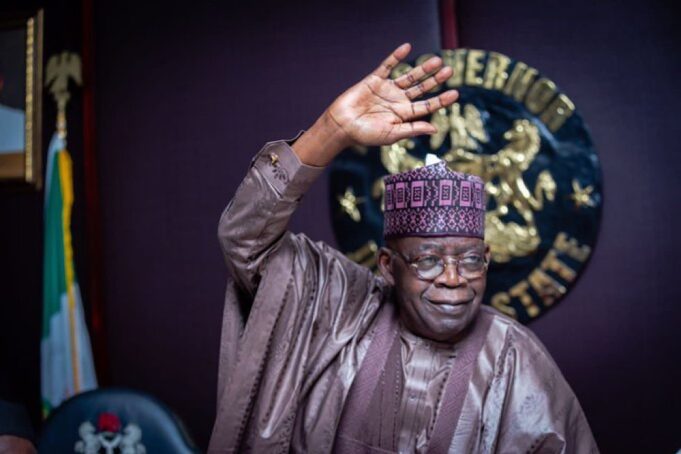Political appointees and aides are bracing themselves for job losses ahead of the inauguration of the President-elect, Bola Tinubu, on May 29, 2023.
In the past, some incoming administrations have opted for a complete overhaul of the government structure, leading to mass layoffs, while others have been measured by their approach, retaining some key personnel while replacing others.
The job loss, which may be complicated by the economic challenges bewildering the country, depends largely on the policies and priorities of the incoming administration.
It also fuelled speculations that Tinubu may implement the report of the Steve Oronsaye-led Presidential Committee on Restructuring and Rationalisation of Federal Government Parastatals, Commissions and Agencies, which recommended the abolition and merger of 102 government agencies and parastatals, while some were listed to be self-funding.
While the government has been struggling to meet its financial obligations, forcing it to borrow heavily for projects, there are concerns that the cost of running the government may be too high.
If the incoming administration decides to reduce the size of the government, it could lead to significant job cuts, with political appointees and aides likely to be the most affected, as these positions are often seen as political patronage.
READ ALSO: Sanusi to Tinubu: Place competent officials in suitable positions
However, the job cuts may not be limited to political appointees and aides as there may be cuts in other sectors of the economy, particularly in government-owned enterprises that have been struggling financially.
No fewer than 2,585 appointees and aides in the Presidency and National Assembly will be asked to go.
President Muhammadu Buhari has about 160 political appointees in various capacities, while Vice President Yemi Osinbajo has 80 aides.
In the National Assembly there are statutory 2,345 aides serving 469 lawmakers, 109 Senators and 360 members of the House of Representatives.
The number may be more, given the case of principal officers who may need more aides.
For instance, no fewer than 2,570 aides were engaged by members of the 8th National Assembly, totaling 469, an investigation by the News Agency of Nigeria (NAN) had revealed.
Out of the number, 700 aides worked for lawmakers in the Senate, while the remaining 1, 870 were engaged by members of the House of Representatives.
Apart from the 2,585 appointees and aides whose days are numbered, there are other appointees such as ministers and heads of agencies and parastatals.
According to LEADERSHIP, the number of presidential aides can vary widely depending on the country and the specific president in question.
Some presidents may have relatively few aides, while others may have significantly more.
The number of presidential aides may also be influenced by factors such as the size of the government and the specific responsibilities of the president.
In any case, it was gathered that the incoming administration would need to balance its desire to reduce the size of the government with the need to ensure that essential services are not disrupted.
It will also need to ensure that any job cuts are done in a transparent and fair manner, to avoid accusations of political victimisation.
The likely number of job cuts as Nigeria transits from one civilian government to another is uncertain, but it is clear that most political appointees and aides of the current administration must have to go as it ends its constitutional tenure.










